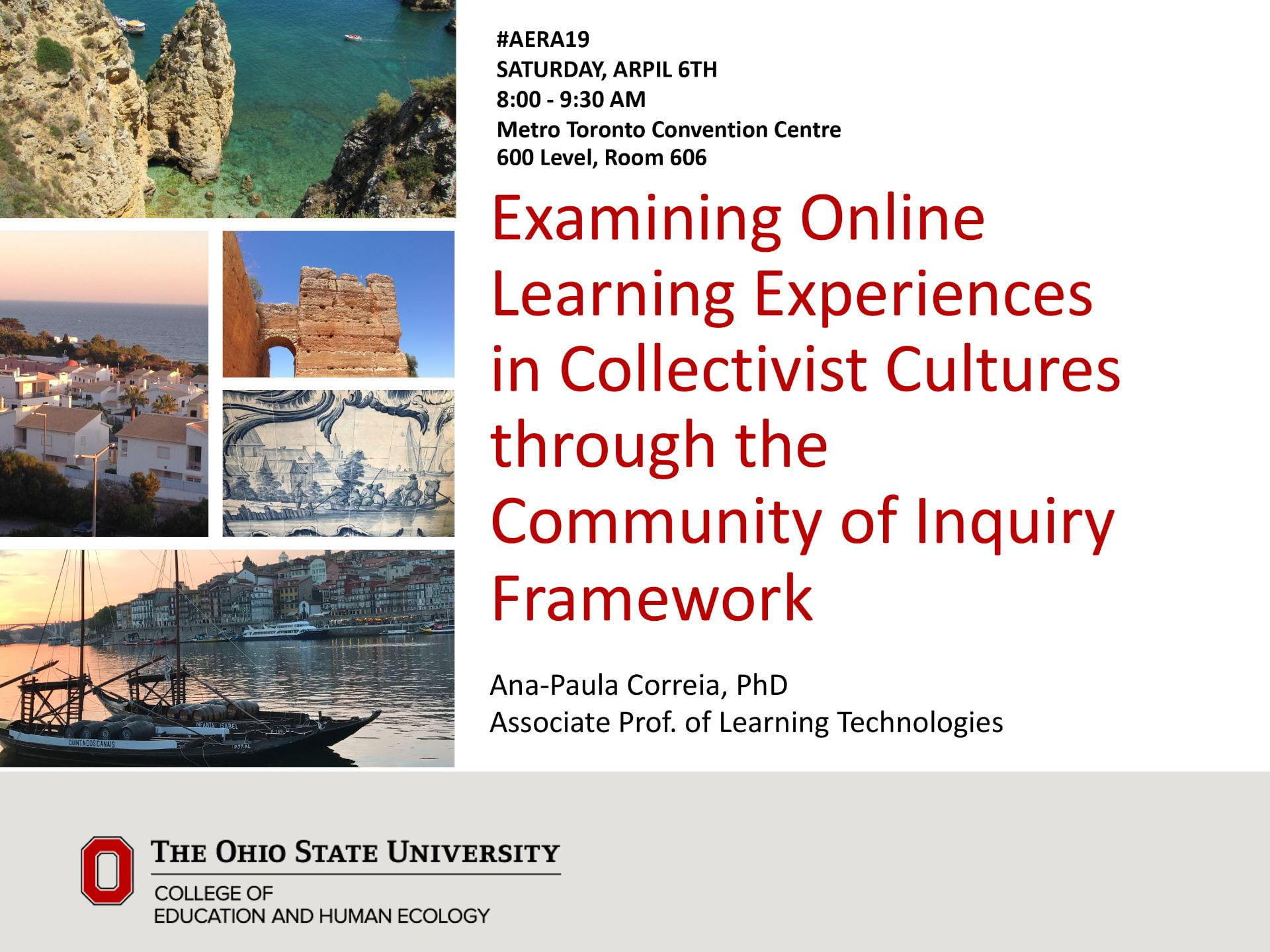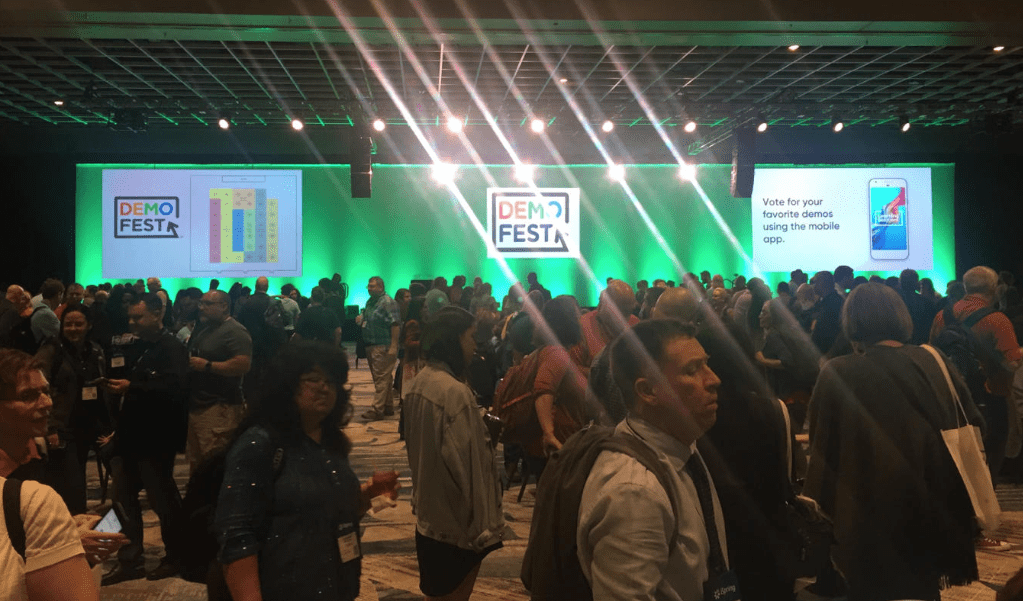By Erin Clarke-Dorrell (dorrell.11@osu.edu)
Erin’s goal after finishing her doctoral degree is to obtain a faculty position somewhere in academia. Her work in the LED Research Group is a great resource that has helped her find her voice and learn how to research collaboratively with others. While that is one component of obtaining tenure and working as a professor, there are two other vital components to the role. Teaching and service are crucial in becoming well-rounded in the realm of academics. For Erin, she has always enjoyed providing service and making a difference in her community. So, she decided to jump into service as a Ph.D. student since she is already working on the research part and soon teaching.
Service in academia looks like many different things. Instead of doing things like walking dogs at the local animal shelter, it is serving on a hiring committee or planning college events. Currently, she serves as the co-chair for the Ohio State’s College of Education and Human Ecology’s Department of Educational Studies Equity, Diversity, and Global Engagement (EDGE) Committee. As a committee, their work focuses on supporting and encouraging critical thinking about issues of diversity, equity, and inclusion across the Department of Educational Studies. Right now, she is spearheading an awareness campaign to bring to light ways in which faculty in the department can support their diverse students.
As Erin said, she enjoys being active, so she also was elected and took on the role of chair of the Ohio State’s College of Education and Human Ecology Graduate Student Advisory Council (GSAC). The Dean, Dr. Pope-Davis, created this council, and its primary function is to support and provide a voice for graduate students across the College. However, they are still trying to navigate how they want to serve the college since the council was just formed this academic year. Additionally, Erin has recently been invited to join the College of Education & Human Ecology first Dean’s Advisory Board. This board is bringing together students, faculty, staff, alumni, donors, community advocates to advise the Dean on important matters to the college.
Overall, in being active on a service level, Erin wants to make a difference and leave Ohio State a better place than when she started. Also, she feels privileged in that she can represent the LED Research Group through her service. Working together, for our future, is what it means to connect service and life in a research group.














